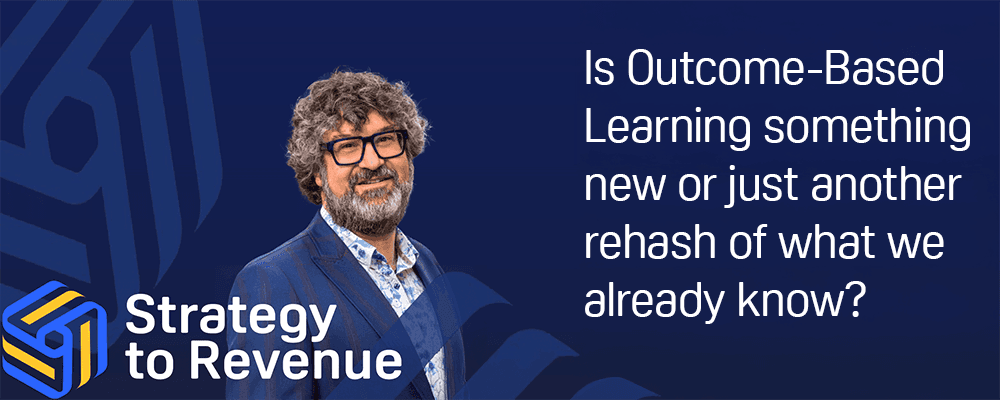Why Personality testing is a poor indicator for Job Fit
In this article, CPTO Jason Watson explores three limitations of personality testing and why it may not be the best approach to determine job fit.
It is important to acknowledge that personality trait assessments, such as DISC and MBTI, have become increasingly popular as tools for determining individual competencies and job fit. However, it is also important to note that these assessments are statistically flawed and may not be reliable or valid measures of competence.
Limited Predictive Power for Job Performance
One of the key issues with personality trait assessments is their limited predictive power for job performance. While it is true that certain personality traits may be associated with certain job types or roles, there is no clear evidence that personality assessments can accurately predict job performance. This is because job performance is influenced by a wide range of factors, including motivation, skill level, experience, and situational factors, which are not accounted for in personality assessments.
Reliance on Self-Reported Data
Furthermore, personality trait assessments often rely on self-reported data, which can be subject to biases and inaccuracies. People may answer questions in a way that they think will make them appear more competent or desirable, rather than providing honest answers. In addition, individuals may not have a clear understanding of their own personality traits, leading to further inaccuracies in the assessment results.
Lack of Scientific Rigor
Another issue with personality trait assessments is their lack of scientific rigor. Many of these assessments lack empirical evidence to support their validity and reliability. In fact, some assessments have been found to have poor internal consistency and test-retest reliability, meaning that the results are not consistent over time.
In conclusion, while personality trait assessments may be useful as a starting point for understanding an individual’s preferences and tendencies, they should not be relied upon as the sole measure of competence or job fit. Instead, a more comprehensive approach that takes into account a range of factors, including skills, experience, motivation, and situational factors, should be used to determine individual competence and job fit.
We believe in a more holistic approach to testing job fit. Our Kompetently assessment platform provides a comprehensive, bias-free evaluation of an individual’s competence.
To learn more about the effectiveness of a Kompetently assessment versus traditional personality testing, contact us: [email protected].
Alternatively, take your first step towards scientifically reliable assessments by booking a demo today at [email protected] or you can call us on +1 (512) 256-4342.




